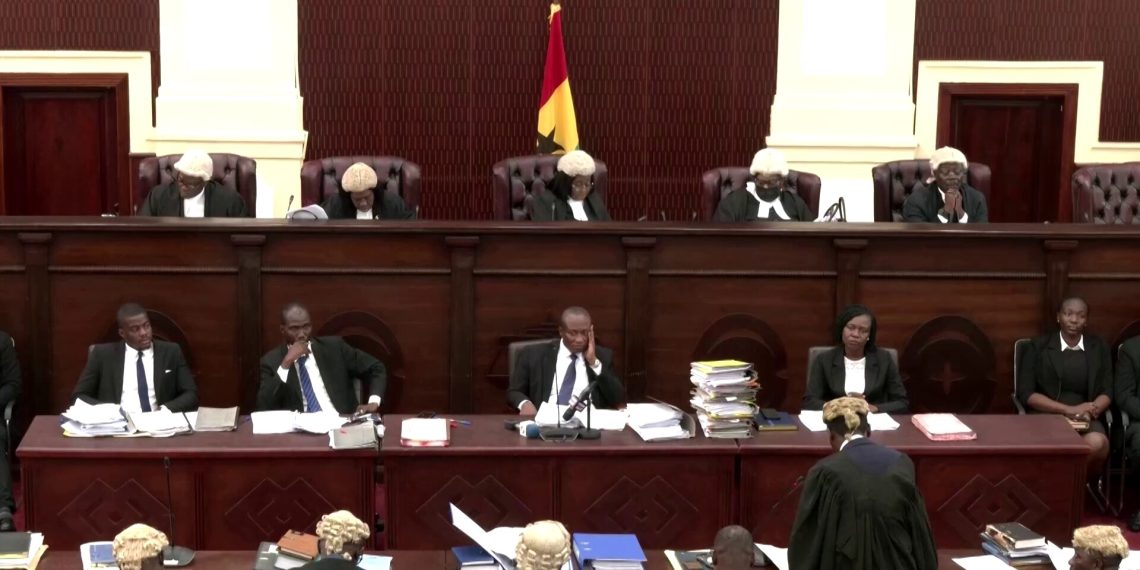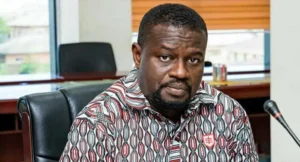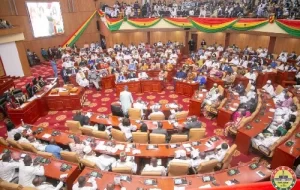Speaker of Parliament Alban Bagbin’s attempt to overturn a prior decision that prevented him from declaring four parliamentary seats vacant was denied by the Supreme Court of Ghana.
The ongoing legal discussion about the Speaker’s authority and the judiciary’s involvement in legislative decisions is further complicated by this ruling.
In his application, Speaker Bagbin sought to overturn the Supreme Court’s verdict that had put a temporary hold on his decision over the four seats.
Additionally, the Speaker attempted to revoke a warrant that Majority Leader Alexander Afenyo-Markin had filed, asking the court to step in and stop the Speaker from making any more announcements regarding the contested seats.
Bagbin, who was represented by lawyer Thaddeus Sory, maintained that his order was a parliamentary decision outside the court’s jurisdiction and that the court had overreached by suspending it. His argument argued that the Speaker’s acts should not be subject to stays of execution, a procedure usually used in response to court decisions, because they were non-judicial in nature.
Bagbin’s filing argued: “In terms of orders staying execution of rulings, the Supreme Court’s powers, under the 1992 Constitution of the Republic of Ghana and statute, to stay execution of rulings are limited to rulings of itself and of courts lower in the judicial hierarchy but do not extend to a ruling of the Speaker of Parliament who is not part of the judicial hierarchy.”
The Speaker further underlined that his judgments should not be subject to the same review procedures as court findings because he is the head of an independent branch of government. He voiced worry that Ghana’s constitutional separation of powers was under danger due to the court’s interference.
However, the Chief Justice clarified in her decision that “this court must address this dispute immediately rather than issuing a 10-day interim order on Article 97(1)(g) as interpreted by the Speaker, given the irreversible harm that could be caused to the constituencies—comprising hundreds of thousands of Ghanaians—who would be left without MPs and without the possibility of by-elections, as well as the irreversible impact on MPs potentially losing their seats just weeks before the December 7 election.”
AI Paraphrasing
According to her, the Supreme Court must expedite the process by allowing the constitutional action to proceed through a statement of case, compelling parties to submit their claims within seven days, and swiftly resolving the concerns raised in order to overcome the customary 14-day delay.
The Chief Justice stated that the dispute might have been settled in the ten days the petitioner asked if all parties had followed these instructions within the recommended time frame.






